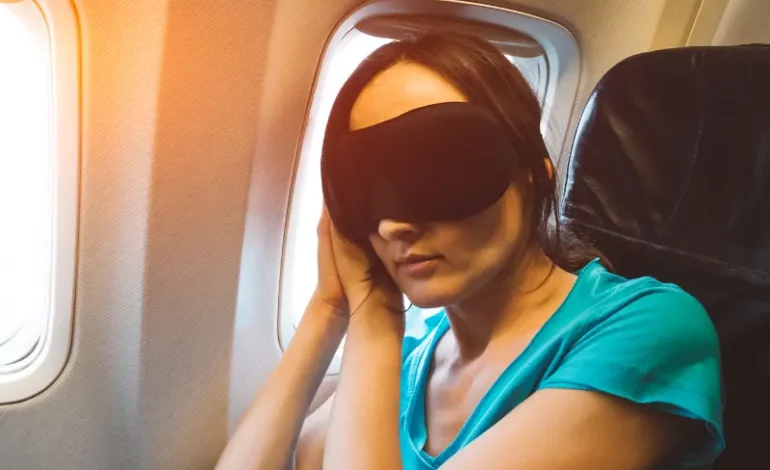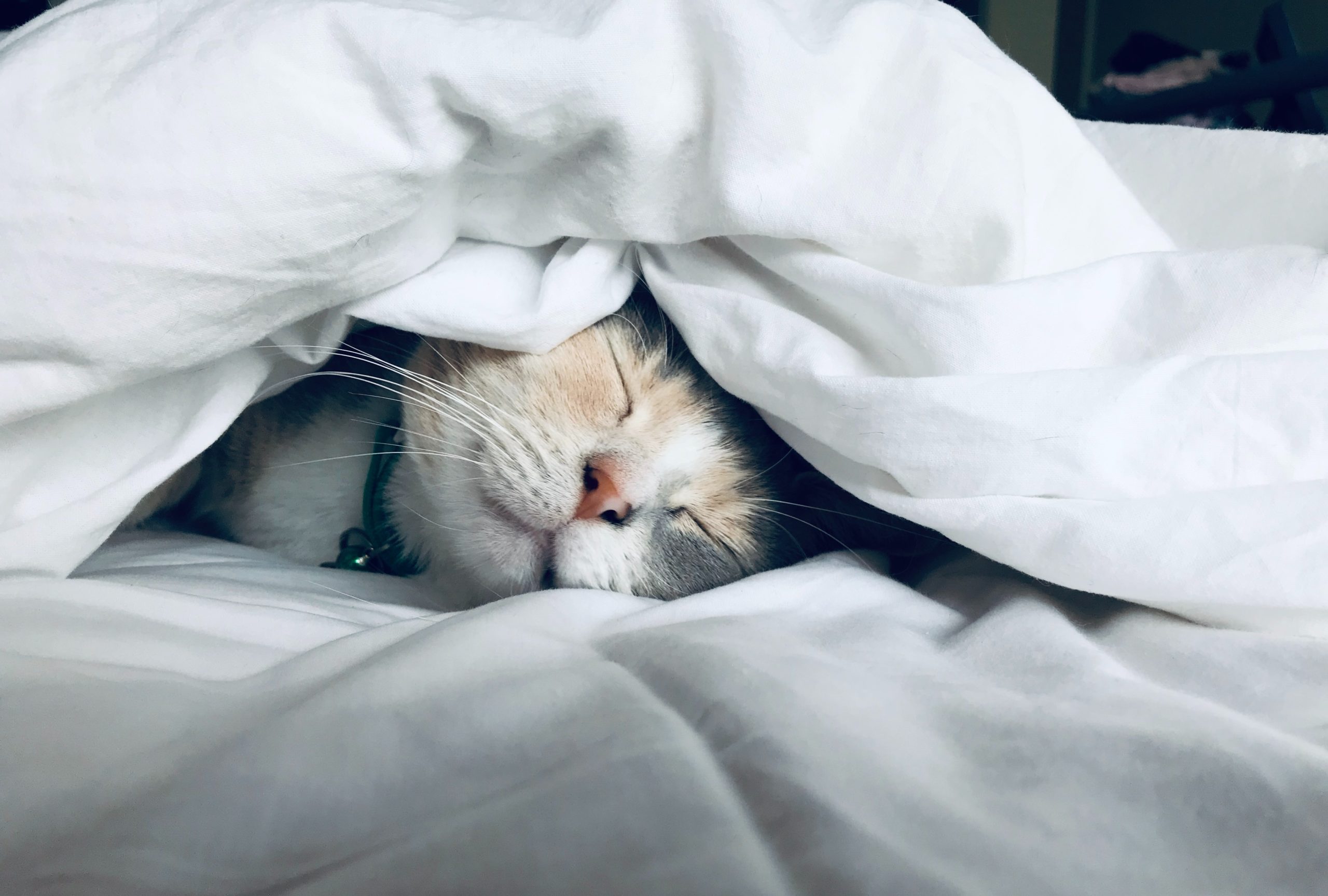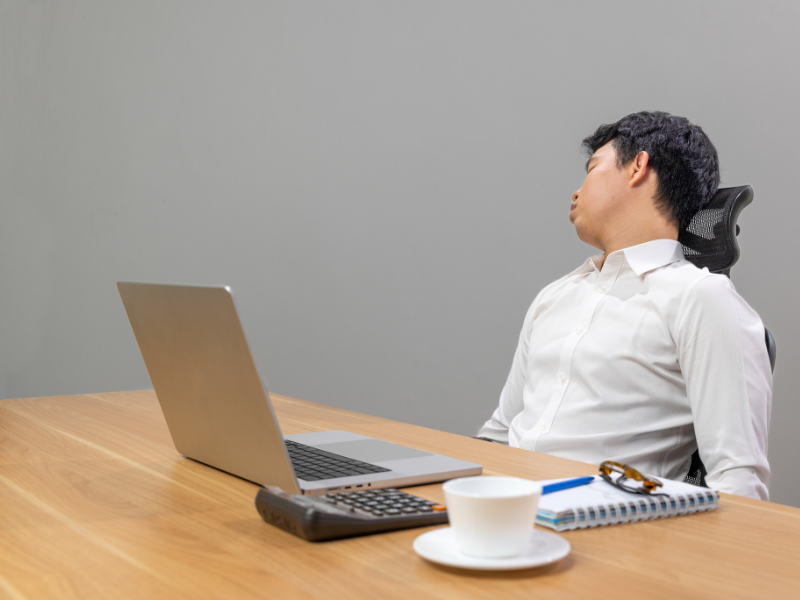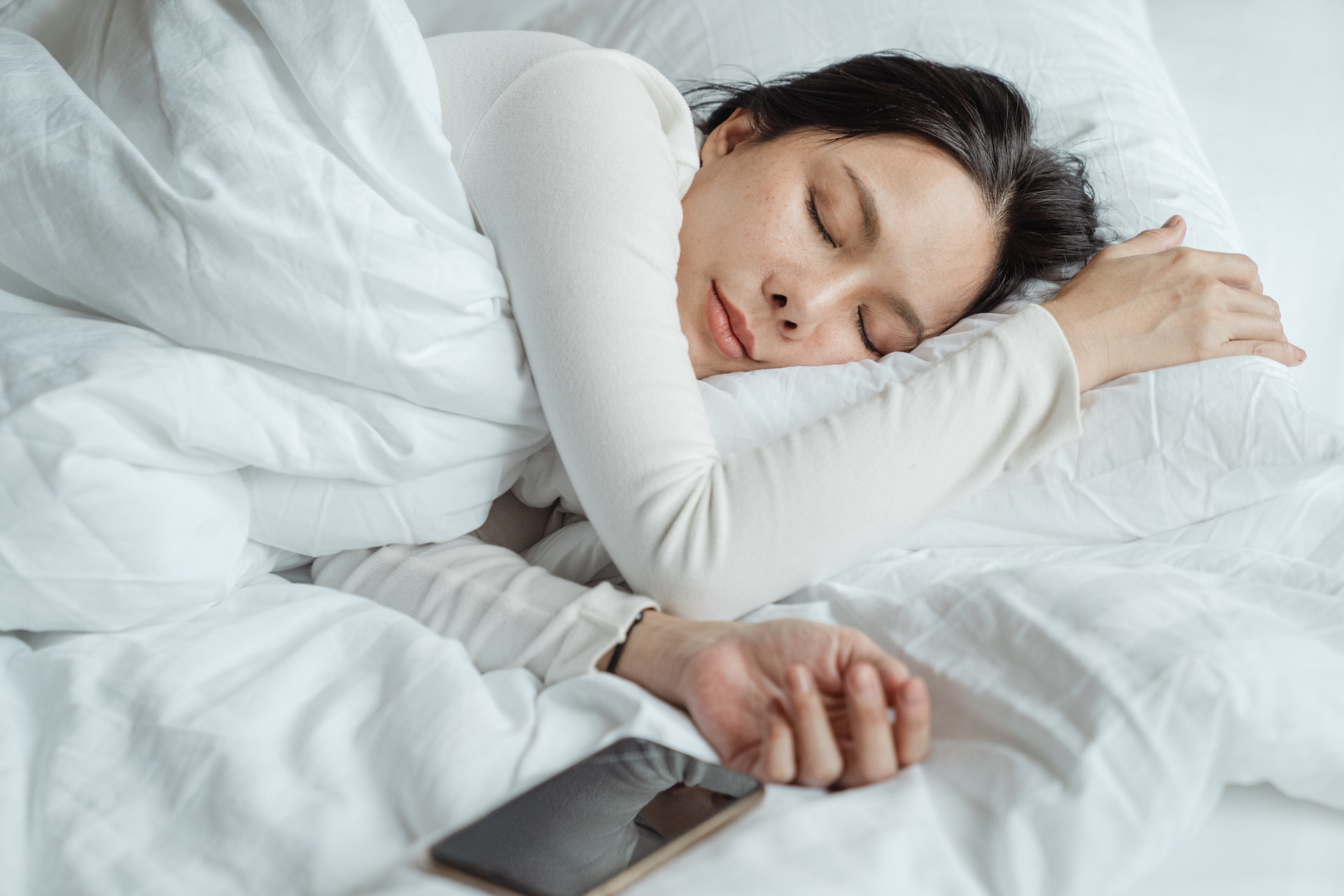
Traveling is an adventure filled with new sights, sounds, and experiences. But it can also throw your sleep schedule into chaos. Picture this: you’ve just landed in a fabulous city, but instead of exploring, you’re battling fatigue and jet lag. You might miss out on that breathtaking sunrise or the vibrant local market all because of poor sleep.
Sleep is essential for enjoying your journey to the fullest. When you’re well-rested, everything feels better—from savoring delicious meals to soaking up cultural wonders. So how do you navigate the challenges of travel-induced sleeplessness? Let’s dive into some practical tips that will help ensure your travels are as refreshing as they are exciting!
The effects of jet lag and poor sleep on your trip
Jet lag can feel like an unwelcome travel companion. When you cross multiple time zones, your body’s internal clock struggles to keep up. This disorientation often leads to fatigue, irritability, and difficulty concentrating.
Poor sleep doesn’t just sap your energy; it can dampen the joy of exploring new places. You may find yourself skipping must-see attractions or missing out on spontaneous adventures because you’re too tired.
Additionally, lack of rest weakens your immune system. This leaves you vulnerable to illnesses that could derail your plans entirely. A simple cold might force you to stay in bed instead of enjoying local cuisine or mingling with fellow travelers.
Your mood also takes a hit when you’re sleep-deprived. The excitement of traveling can be overshadowed by feelings of frustration and anxiety as exhaustion sets in, making even the simplest tasks feel overwhelming.
Pre-travel preparations for better sleep
Preparing for a trip involves more than just packing your bags. Your sleep routine matters too. Start adjusting your schedule a few days before departure. Shift your bedtime closer to the time zone you’re traveling to.
Consider creating a calming pre-flight ritual to signal it’s time for rest. This could include reading, meditating, or enjoying herbal tea—whatever helps you unwind.
Don’t forget about hydration! Drink plenty of water leading up to your flight but avoid caffeine and alcohol as they can disrupt sleep patterns.
Invest in travel-friendly sleep aids like an eye mask and neck pillow. These small adjustments can make a significant difference in how well-rested you feel when you arrive at your destination.
Organize any necessary items for sleeping during transit, such as earplugs or noise-canceling headphones, so they’re easily accessible on the day of travel.
Tips for maintaining good sleep on long flights
Long flights can be a real challenge for sleep. The cramped space and constant movement make it tough to settle in.
First, wear comfortable clothing. Loose-fitting layers will help you manage varying cabin temperatures and stay relaxed.
Bring a neck pillow or travel blanket to create your own cozy environment. These small items can significantly enhance your comfort level.
Consider noise-canceling headphones or earplugs. Blocking out engine sounds allows you to drift off more easily.
Hydration is key, so drink water regularly but avoid caffeine or alcohol before snoozing. Both can disrupt your ability to rest.
If possible, adjust your sleep schedule before departure. Gradually shifting bedtime closer to your destination’s time zone helps minimize jet lag effects upon arrival.
Use an eye mask to block out light from overhead screens and fellow passengers’ devices—darkness is essential for quality sleep on the go!
Strategies for getting quality rest in a new time zone
Adjusting to a new time zone can be challenging. Start by gradually shifting your sleep schedule before you leave. Go to bed an hour earlier or later, depending on your destination.
Once you arrive, try to sync with the local time immediately. Avoid naps longer than 20 minutes if you’re feeling tired during the day. This helps keep your body’s internal clock aligned.
Consider using light exposure strategically. Get outside in natural light during the day and dim lights as evening approaches. This signals to your brain when it’s time to wind down.
A calming bedtime routine is also essential. Engage in relaxation techniques like deep breathing or meditation before sleep. Keep electronics away from your sleeping area; their blue light can hinder melatonin production.
Stay hydrated but avoid heavy meals close to bedtime for better rest quality throughout your trip.
Coping with noisy hotel rooms and uncomfortable beds
Hotel rooms can sometimes be less than serene. Noise from outside or adjoining rooms can disrupt even the best intentions for a good night’s sleep.
To combat this, consider packing earplugs or noise-canceling headphones. These simple tools create a barrier against unwanted sounds, allowing you to drift into sleep more easily.
If discomfort comes from the bed itself, don’t hesitate to ask for extra pillows or blankets. A little cushioning can make a world of difference in your comfort level.
Also, try using relaxation techniques like deep breathing or guided meditation before bed. This may help ease your mind and body into rest despite external disturbances.
White noise machines or smartphone apps that mimic soothing sounds could provide an effective backdrop for sleep.
The role of diet and exercise in promoting good sleep during travel
Diet plays a crucial role in regulating sleep patterns, especially while traveling. Eating heavy or rich meals before bedtime can disrupt your ability to fall asleep. Instead, opt for lighter options that include whole grains, lean proteins, and vegetables.
Hydration is also important. Carry a water bottle to ensure you stay well-hydrated during your journey. However, be mindful of caffeine and alcohol intake as they can interfere with restful sleep.
Exercise should not be overlooked either. A simple walk or stretching routine helps alleviate travel-related stress and promotes relaxation. Try to incorporate physical activity into your daily schedule while on the road.
Even short bursts of movement can make a difference in how quickly you drift off at night. Prioritize both diet and exercise for better quality rest amidst the chaos of travel plans and time zone changes.
Prioritizing sleep for a more enjoyable and productive trip
Prioritizing sleep can significantly enhance your travel experience. When you are well-rested, you’re more alert and ready to explore new destinations. The sights become clearer, and the sounds of a bustling city transform from overwhelming noise to an exciting adventure.
Good sleep also boosts your mood, making it easier to connect with fellow travelers or locals. You’ll find that conversations flow better when you feel refreshed and energized. Plus, quality rest helps improve cognitive function, so you won’t miss out on important details during tours or while navigating unfamiliar places.
Consider setting aside time for a short nap if needed throughout the day. Even brief moments of rest can recharge your batteries and keep fatigue at bay. This way, you’ll maintain a balanced rhythm between exploration and relaxation.
Remember that prioritizing sleep is not about missing out; it’s about enhancing every aspect of your travel journey. By focusing on restful nights and mindful practices during the day, you’re laying the groundwork for unforgettable memories filled with joy, discovery, and connection.
So as you plan your next adventure, make sure good sleep is high on your list of priorities. You’ll return home with stories worth telling—and perhaps even some newfound wisdom about how essential proper rest is in creating enriching experiences wherever life takes you.









